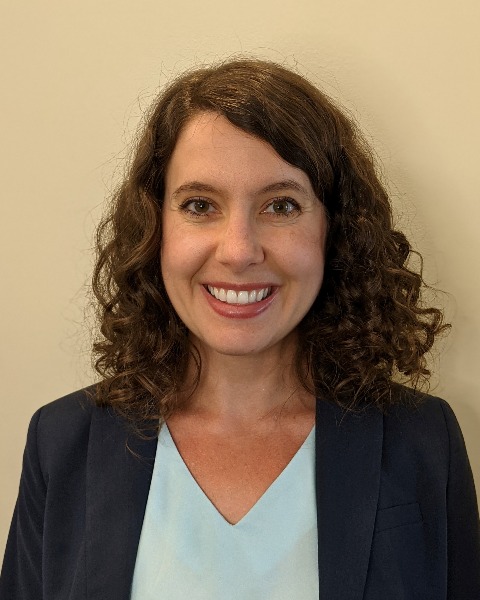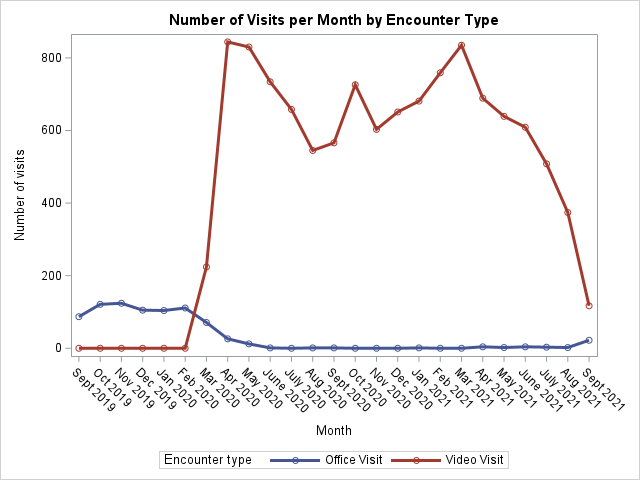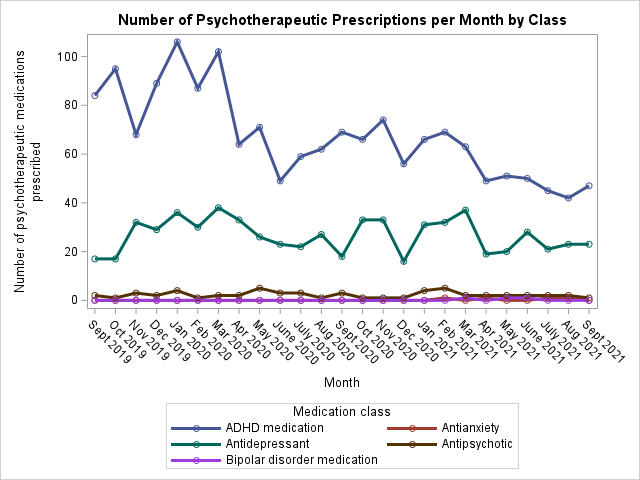Mental Health
Mental Health 2
396 - Patterns in school-based mental health visits and psychotropic medication prescribing before and during the COVID-19 pandemic
Publication Number: 396.231

Halei Benefield, MD, PhD (she/her/hers)
Resident Physician
Johns Hopkins Children's Center
Baltimore, Maryland, United States
Presenting Author(s)
Background:
School-based mental health programs (SBMHP) are vital to providing youth access to mental health services, particularly among disadvantaged youth. It is unknown how utilization of SBMHP changed during the COVID-19 pandemic.
Objective: This study aims to characterize changes in therapy visits and psychotropic medication prescriptions in an urban SBMHP during the COVID-19 pandemic.
Design/Methods:
School-based mental health programs (SBMHP) are vital to providing youth access to mental health services. This study aims to characterize changes in therapy visits and psychotropic medication prescriptions in an urban SBMHP during the COVID-19 pandemic.
Results: A total of 625 students with 25,641 visits were included. Students had a median age of 11 years (range 5 – 18 years) and the majority identified as Black (57.9%), and non-Hispanic (74.4%). Average monthly visit volume increased by 557% from March – May 2020 compared to the prior 3 months, 88.6% of which were video visits, compared to 0% previously. In contrast, psychotropic medication prescriptions decreased by 7.4%. Medication dosage adjustments declined in the period after March 2020, when a state mandate to close schools was ordered due to COVID-19, with the most prominent decline being in ADHD medication prescriptions, which averaged 6 increases per month pre-pandemic versus 1 per month during the pandemic period.
Conclusion(s): In this SBMHP, encounters increased during the pandemic period, primarily in video visits, while psychotropic medication prescriptions, mostly ADHD medications, declined during the pandemic. Reasons for this decline warrant further study.


